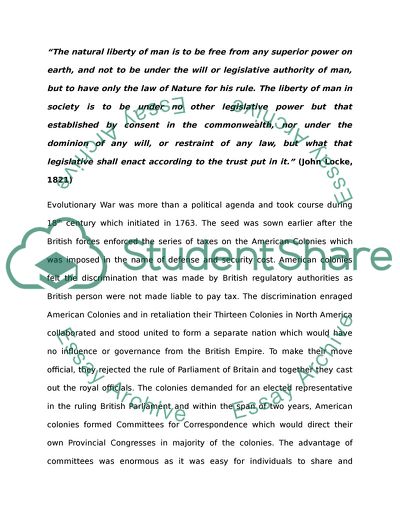Cite this document
(The Civil War Produced More Radical Changes In America Than the Revolutionary War Essay Example | Topics and Well Written Essays - 1750 words, n.d.)
The Civil War Produced More Radical Changes In America Than the Revolutionary War Essay Example | Topics and Well Written Essays - 1750 words. https://studentshare.org/history/1763197-the-civil-war-produced-more-radical-changes-in-america-than-the-revolutionary-war
The Civil War Produced More Radical Changes In America Than the Revolutionary War Essay Example | Topics and Well Written Essays - 1750 words. https://studentshare.org/history/1763197-the-civil-war-produced-more-radical-changes-in-america-than-the-revolutionary-war
(The Civil War Produced More Radical Changes In America Than the Revolutionary War Essay Example | Topics and Well Written Essays - 1750 Words)
The Civil War Produced More Radical Changes In America Than the Revolutionary War Essay Example | Topics and Well Written Essays - 1750 Words. https://studentshare.org/history/1763197-the-civil-war-produced-more-radical-changes-in-america-than-the-revolutionary-war.
The Civil War Produced More Radical Changes In America Than the Revolutionary War Essay Example | Topics and Well Written Essays - 1750 Words. https://studentshare.org/history/1763197-the-civil-war-produced-more-radical-changes-in-america-than-the-revolutionary-war.
“The Civil War Produced More Radical Changes In America Than the Revolutionary War Essay Example | Topics and Well Written Essays - 1750 Words”. https://studentshare.org/history/1763197-the-civil-war-produced-more-radical-changes-in-america-than-the-revolutionary-war.


